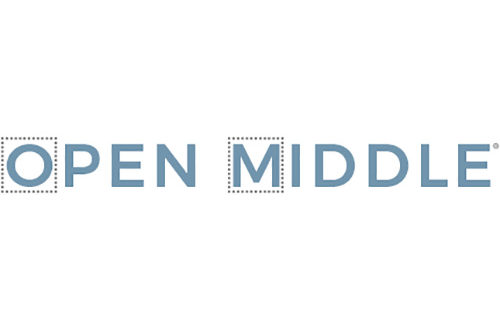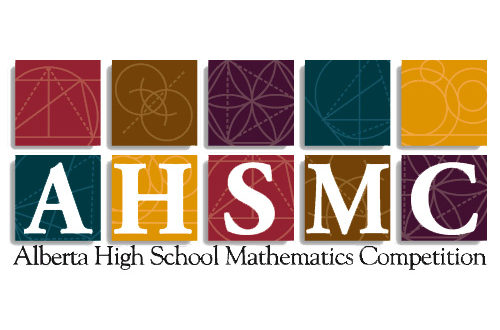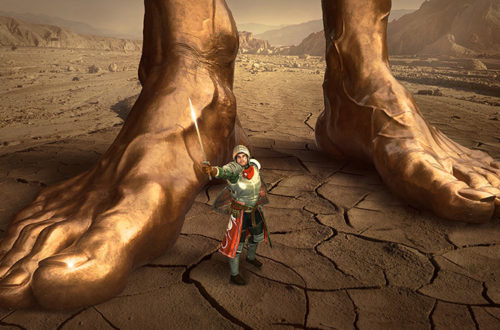Journal of the Mathematics Council of the Alberta Teachers’ Association
Volume 27 Issue 3, April 1989
88 – 105
Appendix V: Answers and Solutions
Edited by Andy Liu
Pretend that the pebbles have hands and that every two shake hands when they are separated. When a heap of pebbles is divided into two, the product generated simply counts the number of handshakes that are caused by that division. At the end, every two pebbles shake hands exactly once. Since there are 1,000 pebbles, the total number of handshakes is 1000·1001/2 = 500500. This is the desired sum, regardless of what sequence of divisions is used.



